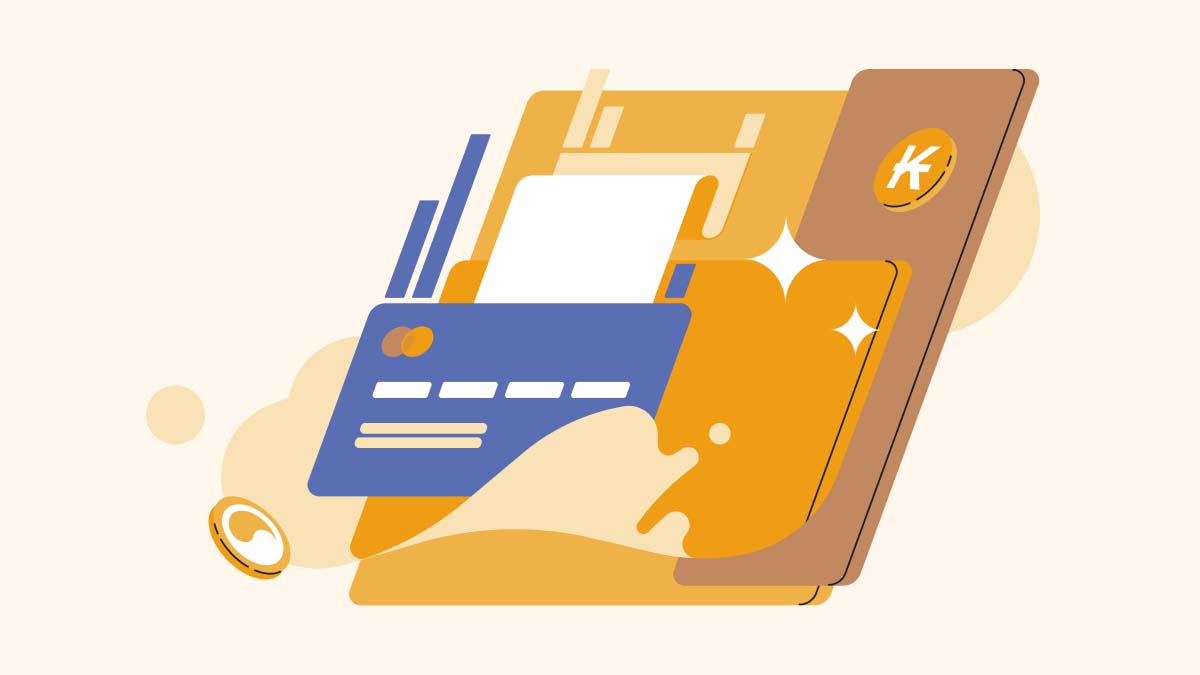For Alex, her social anxiety began when she was only a child. The 21-year-old, now living in North Carolina, US, moved often during her childhood. She says that she always found herself struggling to fit in.
However, when she entered the working world, it didn’t get any easier. From there, her social struggles were amplified entirely. Sometimes, she found herself feeling so anxious that she would sit in her cubicle all day in order to avoid interacting with her colleagues.
Luckily, lockdown offered some respite for Alex. During this time, she was able to start a remote job in publishing. However, Alex’ employer has now ordered her to return to the office next month, and Alex is worried.
Alex says “When I received that email, my stomach just dropped to the floor. Not only because I wasn’t expecting it to happen so soon, but because I remember how low-performing I was when I was in the office. People can just come up and start talking or see what you’re doing on your computer. There’s no door to close so that you can have a moment to yourself.”
Alex is just one of many people struggling with bad social anxiety after two years of very limited social interaction as well as periods of enforced isolation. Experts go as far as to say that anxiety has seemingly rocketed among young people during the pandemic. However, there is very little data on just how many people are dealing with it.
Right now, it is estimated that 12.1% of US adults have experienced or will experience social anxiety at some point in their lives. As employees are only just beginning to trickle back into the workplace, we are still only in the early stages of understanding how in-office work will affect people who are just trying their best to cope.
However, European schools have already noticed change and are reporting a huge spike in school-return refusals among children due to anxiety and mental health problems exacerbated by the pandemic itself. If kids’ behavior is anything to go by, especially if social anxiety affects younger people more, it is very much likely that we will see a similar trend in the workplace.
“I was struggling to leave the house”
Being concerned about being in the office is a very familiar feeling for Meg. The 24-year-old based in London was diagnosed with social anxiety soon after experiencing a breakdown while she was at university. She now struggles with traveling on public transport, meeting new people, being in busy areas, and maintaining friendships.
This means that many aspects of her project management job, such as commuting, can be a real trial for her. Pre-pandemic, Meg had put coping mechanisms in place to better handle her anxiety. However, after multiple lockdowns and long periods of working from home, she is now absolutely terrified to head back to the office.
“Lockdown decreased my comfort zone,” she says. “For years, I had worked on my social anxiety. Pre-pandemic, I had reached a point where I was able to put my hand up in team meetings or share my opinions in groups without a second thought. During Covid, I found comfort in avoiding crowded spaces, and this set my social-anxiety habits back in motion. Before I knew it, I was struggling to leave the house, or feeling extreme terror of being picked on in virtual meetings.”
Much like both Alex and Meg, many of the people who have been most impacted by social anxiety are young adults from the ages of 18 to 29. Dr. Eileen Anderson-Dye, the director of education, bioethics, and medical humanities are Case Western Reserve School of Medicine, US, says that this is because of the fact that young adulthood and adolescence is a time when peer group socialization is incredibly important.
Younger people are still building their identities at this time which greatly depends on feedback from others. When this is taken from their grasp, they often experience intense worries about the things that they do and say in social situations as well as how they are perceived. For many people, this means that they already have existing fears that have now been exacerbated.
It can also mean that people who have never before dealt with social anxiety are now beginning to struggle. Now, more people than ever are being diagnosed with this disorder. This is particularly true for younger people who have entered the workplace during the pandemic.
With their only experiences within the workplace taking place via email and Zoom calls, a widespread return to the physical office could be disorienting. While many experienced workers may not be fazed by a return to in-office work, a new wave of workers has spent their first days, months, or years in the workforce on their own.
For some, this isolation and inexperience have also turned into anticipatory anxiety around situations such as face-to-face meetings and water cooler chats.
Why Mental Health Often Gets Missed
The pandemic has reshaped our society in many different ways. In fact, many workplaces have accepted that each of their employees will have different preferences and needs and can work from home if they need to. However, Dr. Caroline Leaf, a US-based neuroscientist, and mental health expert, believes that there is still very little space available for employees to speak up about their mental health and how it could impact their ability to work in-office.
Even though there’s been some improvement, being open about your mental health in the workplace is still not as stress-free as it should be,” she says. She believes that this is because of the fact that many people often see mental health as a character flaw.
Meg believes that there needs to be a greater space for discussion when it comes to staff wanting to work remotely due to long commutes or caregiving duties. She says that speaking up about social anxiety in the workplace is often off-limits.
“Conversations around mental health are still closed behind a door, leaving individuals to have to tiptoe around the topic,” she says.
Now, Meg’s workplace has asked her to begin working in-office again two days a week. This is something that Meg believes that she will be able to handle on the days when she has control over her social anxiety. However, on days when her anxiety is at its worse, she says it could be terrifying.
How Employers Can Help
Very much like the rise in school avoidance amongst children since lockdowns have been lifted, the pattern of social anxiety is coming into the workplace and holding people back. “We have been seeing resistance to re-entering the workplace in person,” says Anderson-Fye. “Thankfully, we are seeing improvements in many workplaces in supporting people who deal with mental health challenges, but some are refusing to budge, holding onto an outdated one-size-fits-all model.”
She goes as far as to say that people with social anxiety tend to thrive in workplaces that offer them flexible options such as hybrid or remote set-ups. However, there is very little data available to see how people with social anxiety coped during lockdown. She notes that she has heard many stories of sufferers who have now bloomed working remotely.
She then argues that a flexible approach to in-person and remote work is the best way to accommodate mental diversity. Vanessa Matsis-McCready, the associate general counsel at HR consultancy Engage points out that in many counties, mental health concerns could require reasonable accommodation by law.
This means that it is important for employers to consider how they can support sufferers by providing flexible models of work and mental health assistance. However, even if an employer is greatly understanding, requesting extra accommodation can be rather complicated. As an example, people dealing with social anxiety will likely choose to work remotely as much as possible.
This could prove to be a problem as many health professionals recommend that fears, such as social anxiety, are treated best with exposure. There also becomes a problem with requesting flexible work. When a person is already worried about how other people see them, going against the grain when others are heading back to the office or speaking up about mental health can be even more anxiety-inducing.
“I don’t think that my workplace has taken into account mental health when asking for a return to the office,” says Meg. “Even when flexible working is available, people are encouraged to come back by management. It makes it even more awkward if everyone else is returning, but you don’t want to.”
Anxiety is a Vicious Cycle
For both Alex and Meg, their futures are still uncertain as they learn how to manage their social anxiety while returning to the office. Meg remains optimistic as her experience with all of this has prompted her to start her own mental health consultancy side hustle. She works with universities and schools to provide support for students and teenagers. She is hopeful that the pandemic will prompt workplaces to build community and culture without demanding a return to office.
Alex remains worried as she has been offered hybrid work. However, she fears that this is just a step on the way to a full-time return. She says,
“I believe that my company has this idea that they have a work culture, and that they want to return in order to build this culture. They want us to engage more with our co-workers, but I don’t want to make friends with my co-workers on the level that they suggest.”
For people like Alex, a return to work is extremely worrying. The offer of hybrid work is essentially a double-edged sword. Alex hopes to continue to avoid the office as much as possible. “Working from home has provided me with a sense of control that we don’t get to experience in the office,” she says. “In the office, we don’t have moments of the day where we can check out and tell ourselves it’s OK. Once you sit down at your desk, it’s an entirely different feeling. It’s a pressure that you don’t experience within our homes.”


 Employers are Failing to Address the New Realities of Work. In turn, It's Sparking a 'Hidden Resignation' of Burned-out Employees
Employers are Failing to Address the New Realities of Work. In turn, It's Sparking a 'Hidden Resignation' of Burned-out Employees